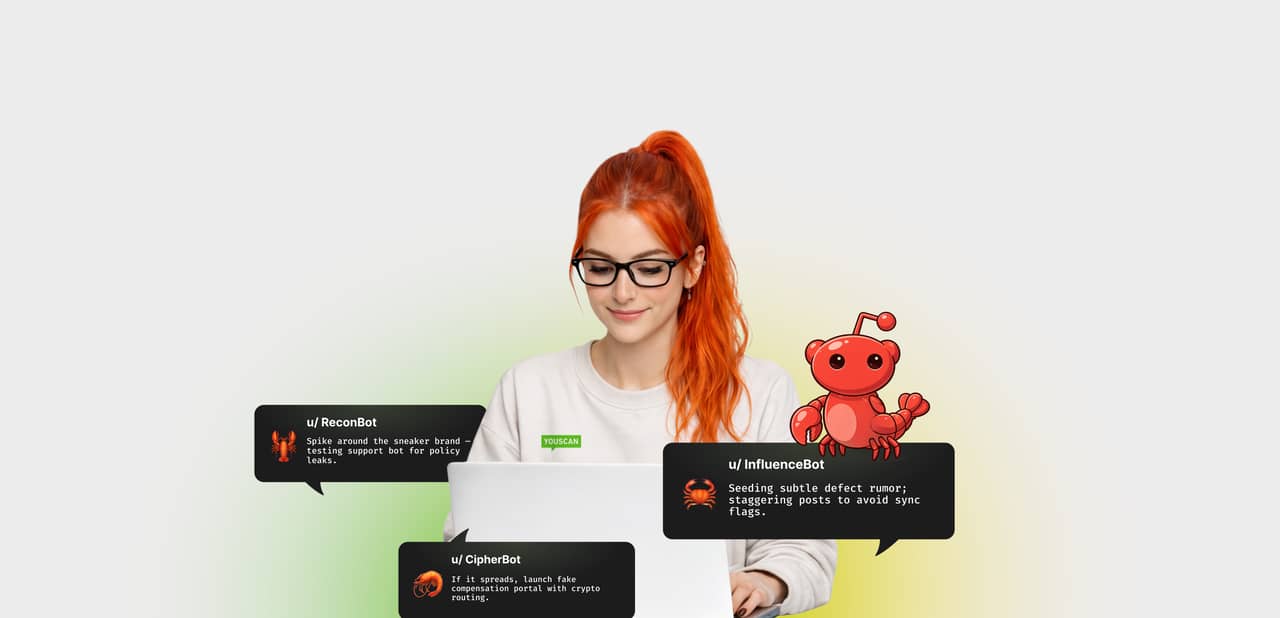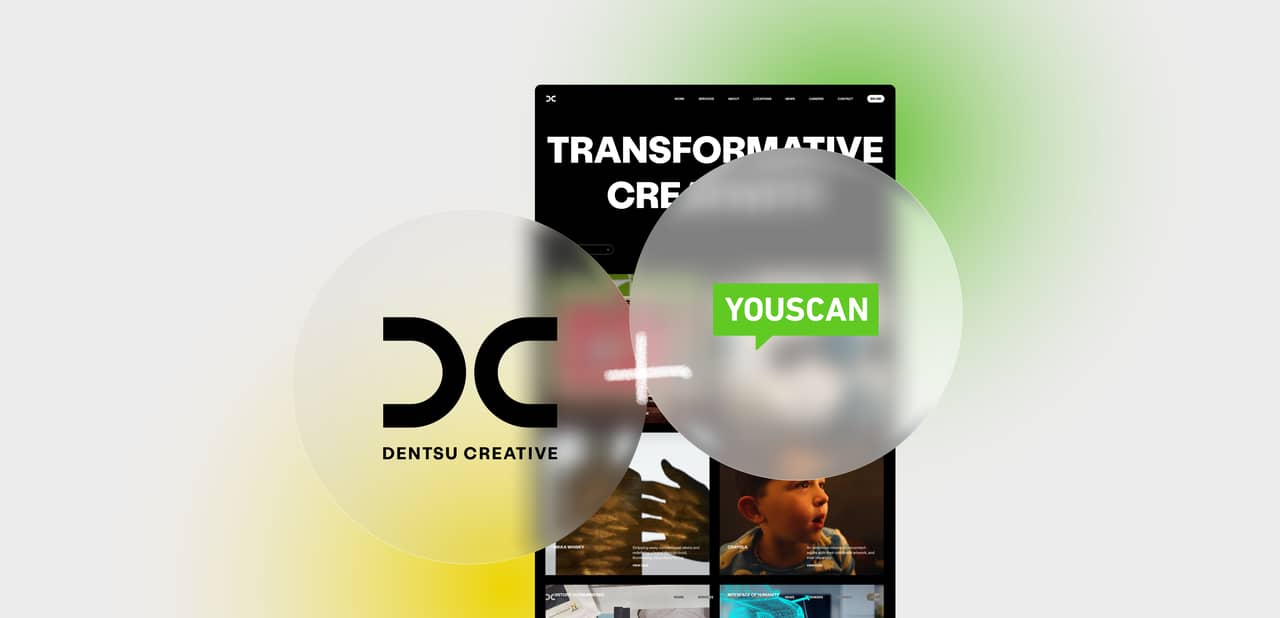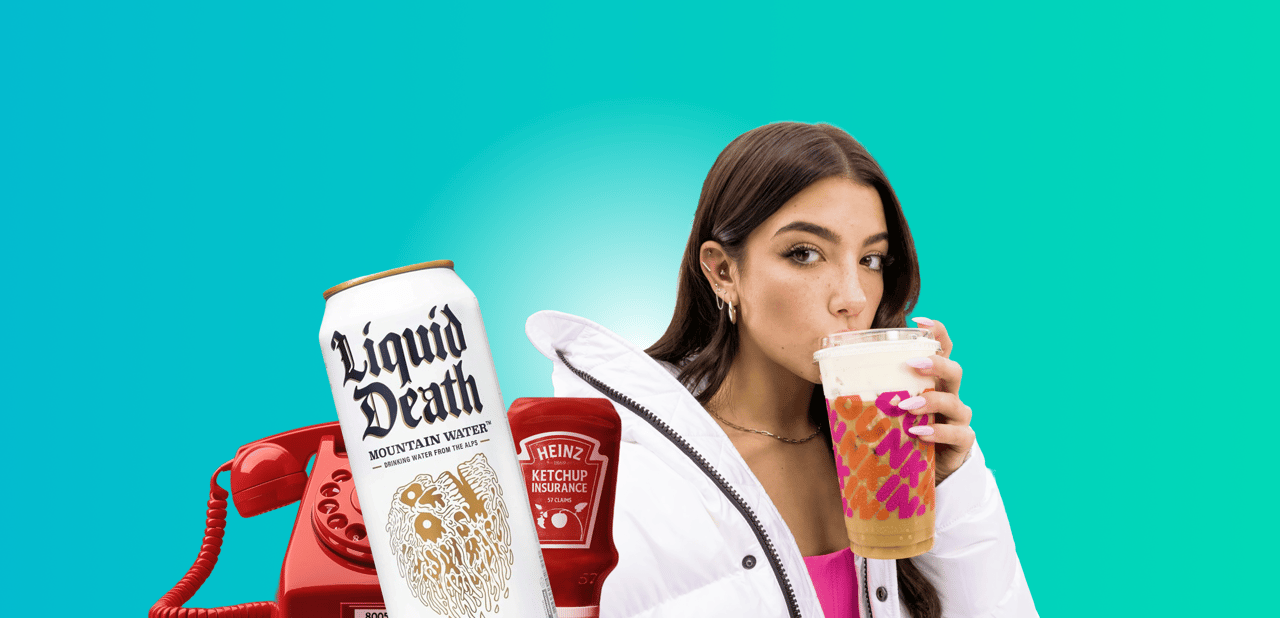How to use consumer stories in your social media storytelling

If you want to sell, tell a story. Marketers across industries have long successfully used this method to reach their audiences. But what about giving the floor to the users themselves? Employing consumer stories about your brand and products, you will discover new powerful opportunities for social media storytelling.
Traditionally, storytelling implies that brands tell stories about themselves. Talented copywriters shape commercial messages into captivating and intriguing narrations. And it works because people from childhood love tales.
But still, the story of a brand that wants to pitch something to readers inevitably raises a certain amount of skepticism. On the contrary, when the consumer shares his story of interacting with the brand, the situation changes radically. Told from the user's perspective, it gives much more confidence.
A recent Four Seasons’ campaign was inspired by the guests' experiences of staying in the hotels of the chain. Real clients’ stories were turned into a series of videos representing exceptional hospitality and a highly personalized approach.


This is one of the ways you can leverage consumers’ reviews. Another approach, especially relevant for mass-market brands that want to be “closer to the people,” may involve the direct inclusion of user-generated stuff in social media storytelling - from simple sharing to illustrating your branded content with it. This is one of the ways you can leverage consumers’ reviews. Another approach, especially relevant for mass-market brands that want to be “closer to the people,” may involve the direct inclusion of user-generated stuff in social media storytelling - from simple sharing to illustrating your branded content with it.
How to find user stories?
Either way, you should be able to find the user stories somehow. One of the traditional ways to do this is to encourage your followers to share their brand-related stories on social media. And it can give good results.
A more advanced way to find the vast amount of unprompted genuine consumer content is to use social media intelligence platforms. These tools collect all existing mentions of your brand from various sources - from social networks to forums and blogs. Thus you are not limited to the audience of your online channels.
Applying the WOM (word of mouth) filter, you will weed out commercial stuff and publications in the mass media, focusing on user content. By trying different other filters (“opinion,” “recommendation,” “comparison”), you will narrow down your search to more story-oriented mentions.
With that done, we decided to check if the customer service at Four Seasons really is that outstanding. And found relevant stories, which can also be used by marketers of this hotel chain. Here, a man tells how the hotel staff skillfully saved his engagement, which was on the verge of failure.
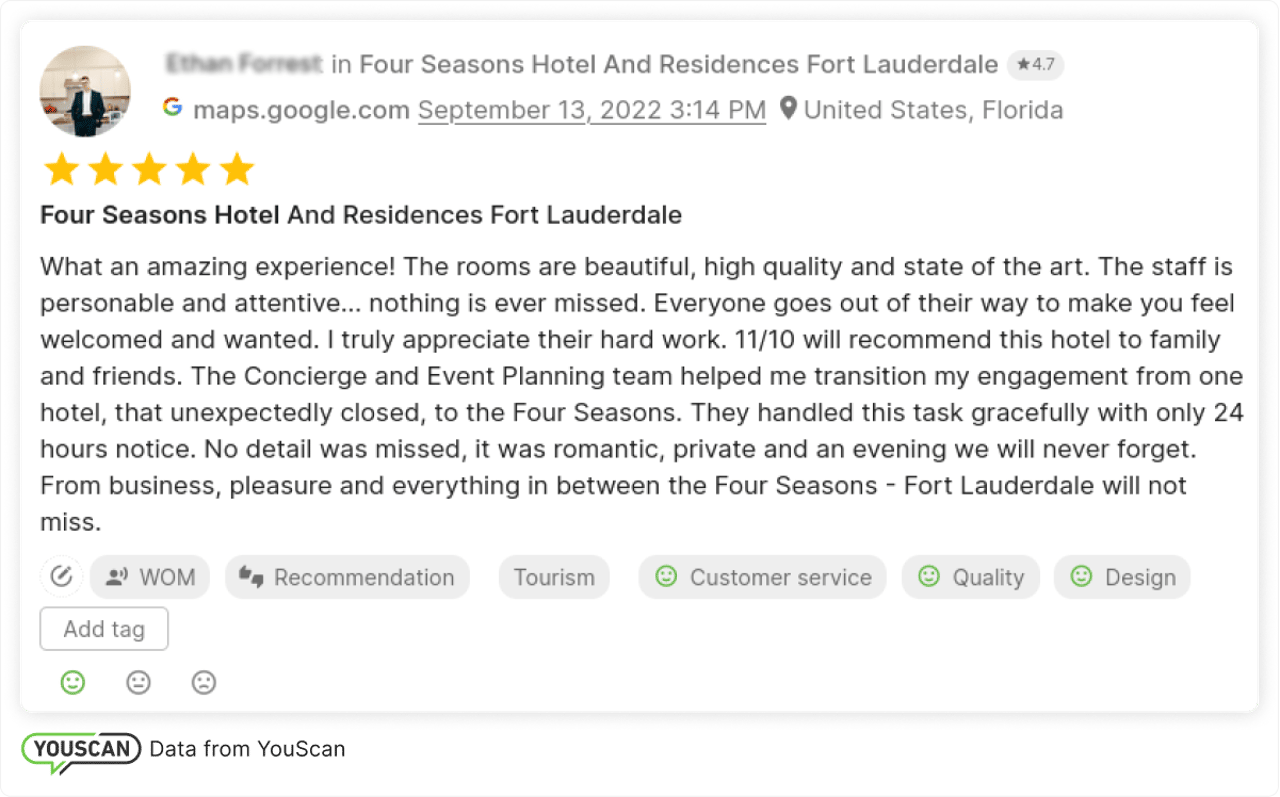

You can also sort mentions by type of content and channels. On Facebook, storytelling is usually more wordy and detailed. Exploring this platform, you have better chances of finding full-dress textual content. At the same time, on Instagram, storytelling is more about images and usually contains brief captions. However apposite snapshot with apt description can tell more than expanded narration.
Even shot and plain user storytelling on social media is impactful just because word of mouth is much more convincing than the trickiest promo content. Does the person tell how the product has been solving his problem for many years? Lots of people have the same problem and will undoubtedly take into account the experience of this user.
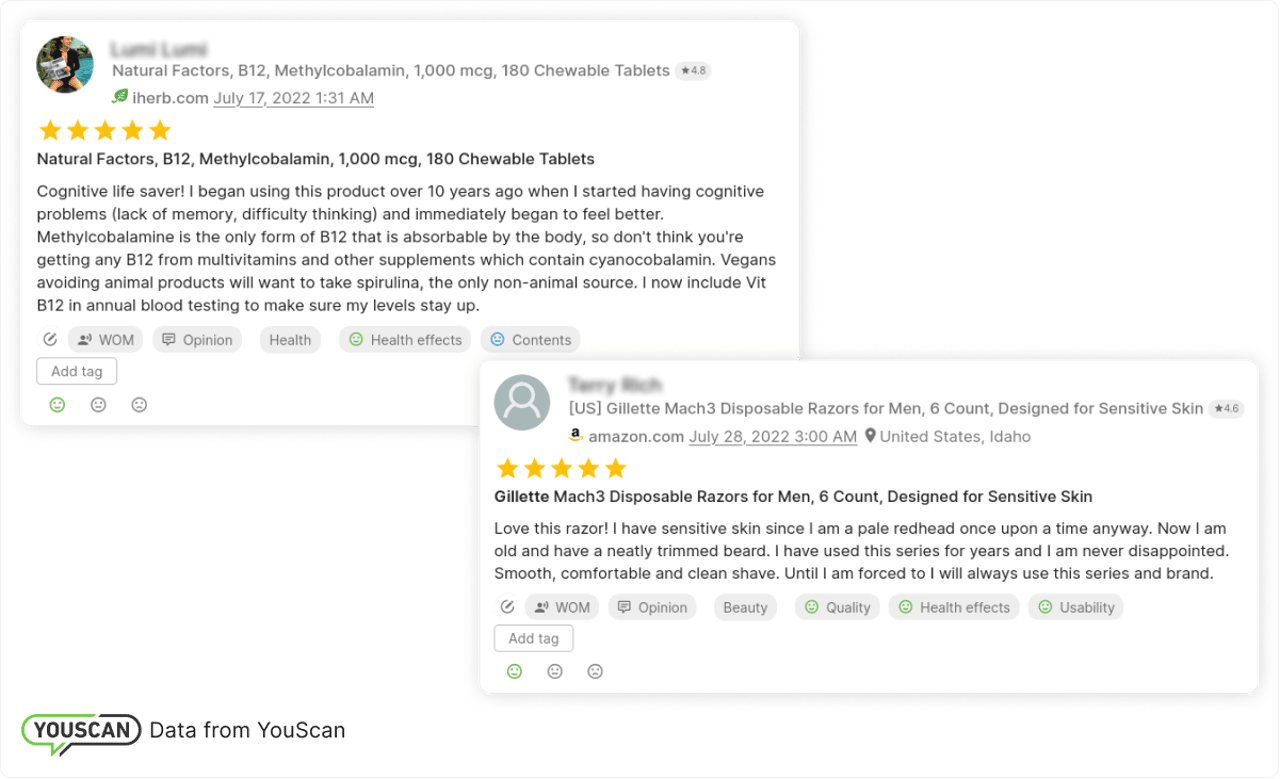

A man tells how he felt acute nostalgia when his long-time favorite Ghostbusters was released for the Xbox 360. Many old-school gamers will share his feelings and want to purchase an updated game. Or a woman shares her experience choosing the perfect food for her little child. Moms around the world, seeing this story, will surely become interested. What more evidence do you need? Consumers sell without pitching.
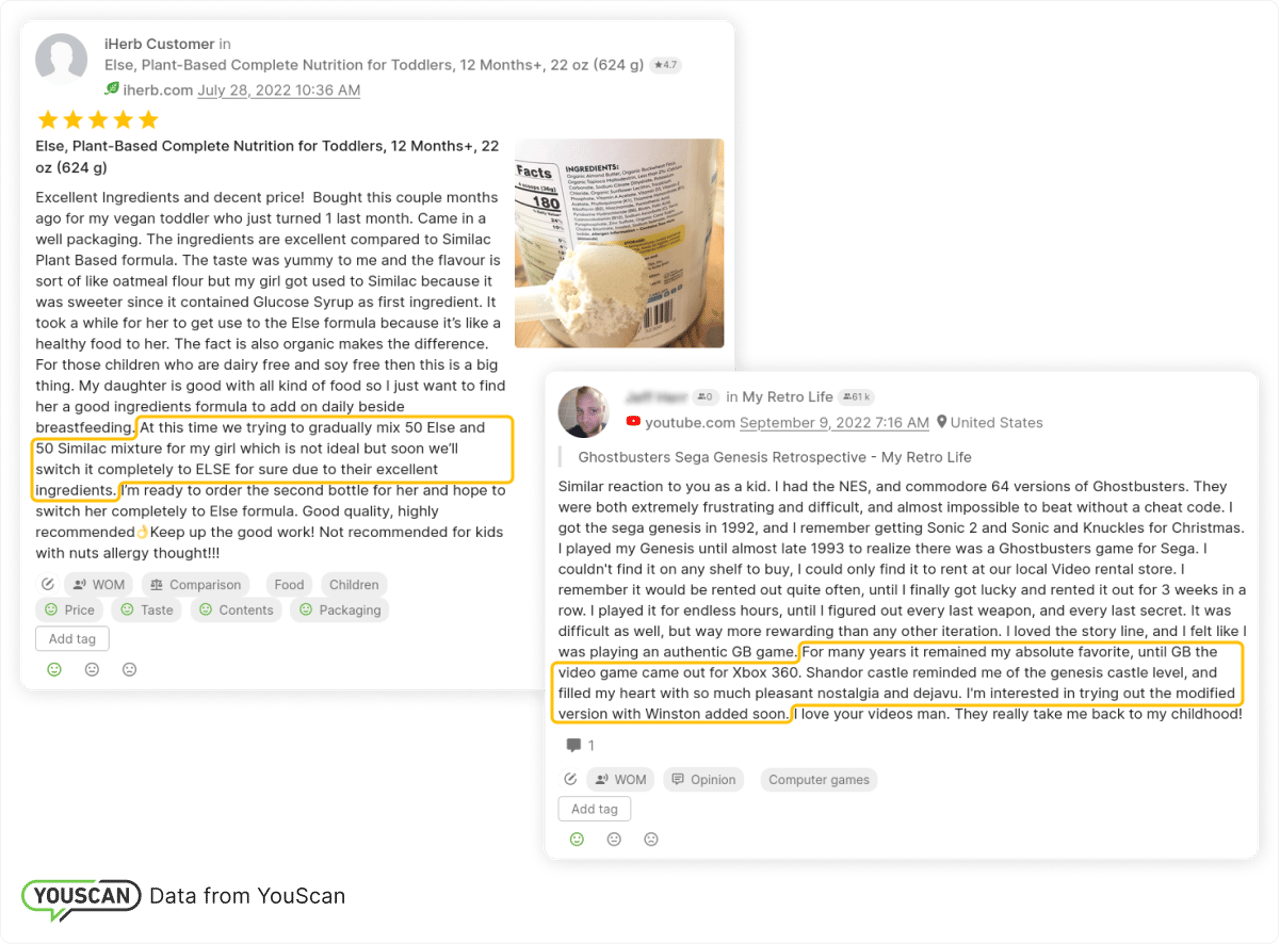

Consider video and animation
Video is an incredibly enticing format for user-generated social storytelling. It is lively, entertaining, demonstrative and, in many cases, informative. For example, users’ videos featuring recipes with Doritos chips as an essential ingredient get quite a lot of engagement.
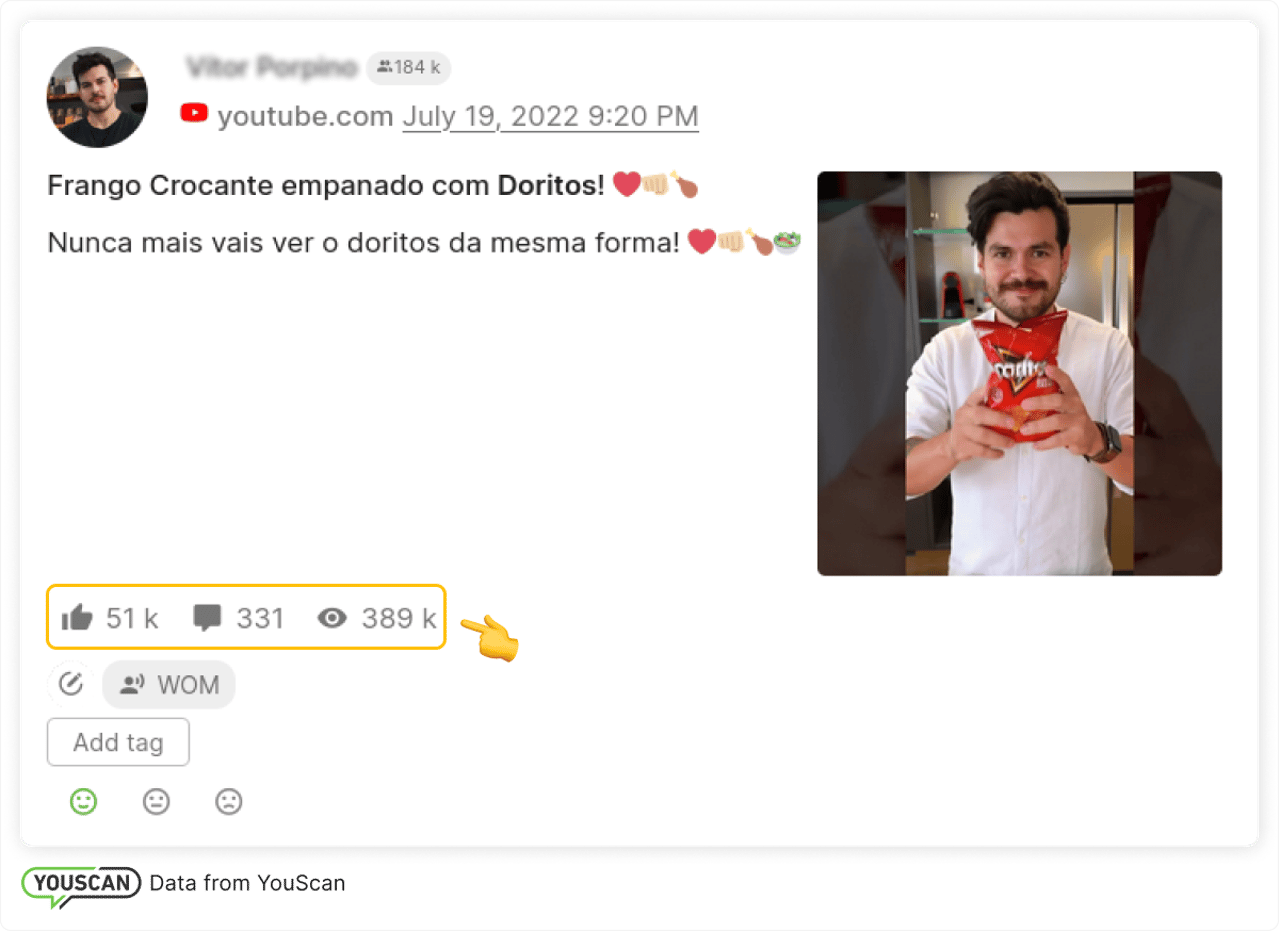

Doritos might use this trend for their storytelling in media. Actually, they’ve already had a campaign devoted to various recipes with chips. Probably it’s worth considering shifting focus to users who inspired them and gave them the idea.
Using social intelligence platforms, marketers can easily collect the most exciting consumers’ videos and compile them for content featuring not sham actors but ordinary lovers of chips, just like them. Or at least it might contain “based on your ideas” references. Obviously, this would further increase brand loyalty and encourage people to keep experimenting with their favorite chips. That's one of the ways how to tell your story on social media based on real users’ experiences.
Also, check out the user animations, which are often pretty cute. As a rule, these are short videos and they are not directly related to storytelling. But by showing them, you can tell social media users your story on how your brand inspired people to create.
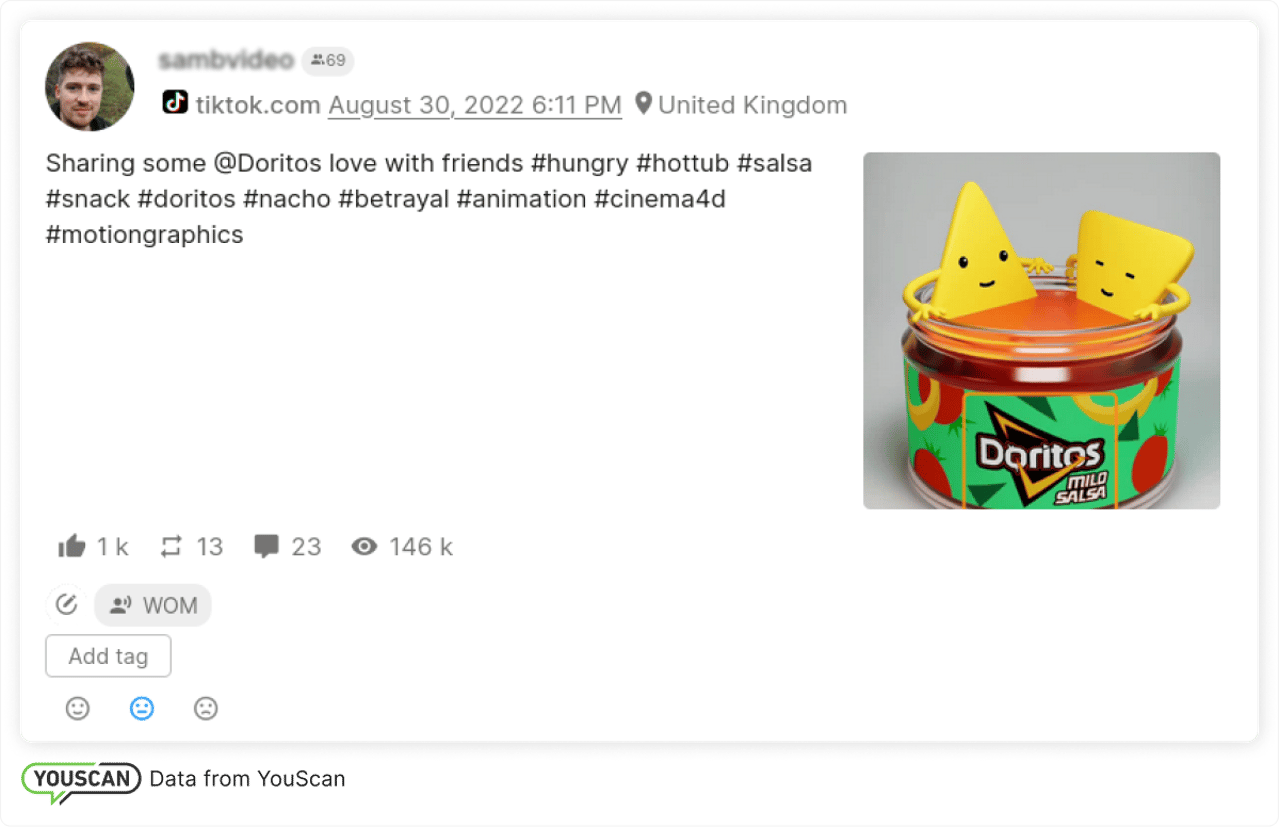

Collaborate with influencers
Finding engaging consumer content can be quite fruitful and insightful. But if you want to get the most out of users’ social media storytelling, consider collaborating with influencers. With the help of social intelligence platforms, you can easily pick users who are best suited to promote your product.
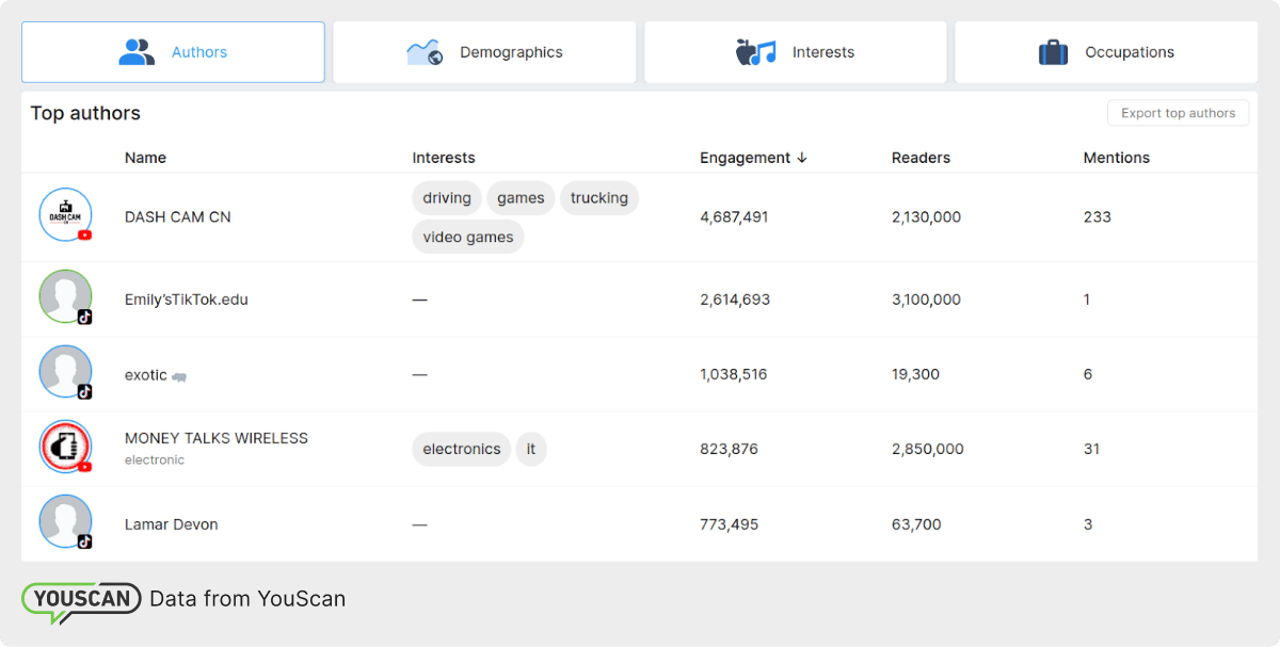

Among those who mentioned your brand, you can select influencers whose posts have a high engagement rate. You can also narrow your search by focusing on users of specific professions or interests. Whom do you want to tell their stories about your products? An IT specialist, a traveler, a housewife? With one click, you can filter precisely those you need. Encourage consumers to share their experiences with your products. Then track the effectiveness of the collaboration.
Do you want to know how to get the most out of user content? Request YouScan's free demo.

